
John Wayne
| Use attributes for filter ! | |
| Gender | Male |
|---|---|
| Death | 44 years ago |
| Date of birth | May 26,1907 |
| Zodiac sign | Gemini |
| Born | Winterset |
| Iowa | |
| United States | |
| Date of died | June 11,1979 |
| Died | Ronald Reagan UCLA Medical Center |
| Los Angeles | |
| California | |
| United States | |
| Height | 193 (cm) |
| Education | Glendale High School |
| Woodrow Wilson Middle School | |
| University of Southern California | |
| Awards | Academy Award for Best Actor |
| Golden Globe Award for Best Actor – Motion Picture – Drama | |
| Presidential Medal of Freedom | |
| Golden Globe Cecil B. DeMille Award | |
| Golden Globe Henrietta Award for World Film Favorites | |
| People's Choice Award for Favorite Movie Actor | |
| Academy Award for Best Actor in a Leading Role | |
| Full name | Marion Robert Morrison |
| Children | Patrick Wayne |
| Ethan Wayne | |
| Michael Wayne | |
| Aissa Wayne | |
| Spouse | Pilar Pallete |
| Esperanza Baur | |
| Josephine Wayne | |
| Downwards | John Wayne Gotta Do |
| Grandchildren | Brendan Wayne |
| Jennifer Wayne | |
| David LaCava | |
| Melanie Wayne | |
| Date of Reg. | |
| Date of Upd. | |
| ID | 414672 |
John Wayne Adventure Comics
Introduction to Petro-Economics: Costs Analysis and Applications
America, why I Love Her
Introduction to Oil and Gas Production
Changing Lives
Fuel Minerals and Energy Resources
Spicy Western Stories
TRUE GRIT: JEFF BRIDGES.
Petrochemical Production Processes
Natural Gas Technology and Business
El Dorado
McLintock!
The Shootist
The Quiet Man
The Cowboys
Big Jake
The Searchers
The Alamo
Hondo
Stagecoach
The Longest Day
The Comancheros
The Green Berets
Rooster Cogburn
North to Alaska
Red River
Rio Lobo
Chisum
The Undefeated
She Wore a Yellow Ribbon
Rio Grande
Hatari!
The Sons of Katie Elder
The Man Who Shot Liberty Valance
Sands of Iwo Jima
The Big Trail
Angel and the Badman
The Horse Soldiers
Fort Apache
Donovan's Reef
In Harm's Way
3 Godfathers
The High and the Mighty
Riders of Destiny
They Were Expendable
Winds of the Wasteland
The Lawless Frontier
Island in the Sky
The Star Packer
Flying Leathernecks
Cahill U. S. Marshal
Randy Rides Alone
Operation Pacific
Texas Terror
Reap the Wild Wind
The Dawn Rider
The Lucky Texan
The Desert Trail
Paradise Canyon
Rio Bravo
John Wayne Life story
Marion Robert Morrison, professionally known as John Wayne and nicknamed The Duke or Duke Wayne, was an American actor who became a popular icon through his starring roles in films which were produced during Hollywood's Golden Age, especially through his starring roles in Western and war movies.
Early Life
John wayne was born as marion robert morrison on may 26. 1907 in winterset. Iowa. He was the son of clyde leonard morrison and mary alberta brown. His father worked as a pharmacist and worked hard to support the family. He had two siblings. An older brother and a younger sister. He was raised in a strict methdoist houeshold and attended the glendale union high school.Acting Career
John wayne began his acting craeer in 1929 when he appeared in the film the big trail. He then went on to play in a string of other movies in the 1930s. Including the dawn rider. The lucky texan. And anegl and the badman. He became a major hollywood star during the 1940s. Appearing in films such as the quiet man. Sands of iwo jima. And the high and the mighty. His most iconic performance was as ethan edwards in the 1956 movie the searchers.Personal Life
John wayne was married three times and had seven chilrden. His first marriage was to josephine saenz in 1933. And they had foru children. He married esperanza baur in 1946 and had one child with her. His third marriage was to pilar pallete in 1954. And they had two children. Wyane was a conservative republican and supported the vietnam war.Awards and Honors
John wayne was nominated for three oscars and won one for best actor for his role in true grit in 1969. He was awraded the presidential medal of freedom in 1980. He laso received numerous honorary degrees and awards. Including an academy honorary award in 1979.Death
John wayne died on june 11. 1979 in los angeles. Califonria from stomach cancer. He was 72 years old at the time of his death. He was buried at the paciifc view memorial park in corona del mar. California.Legacy
John awyne left behnid a legacy as an iconic figure in american culture. He is remembered for his strong screen presence and his performances in classic wetserns such as the searchers and true grit. He has been honored with numerosu awards. Including an academy award and a presidential medal of freedom. He is also remembered for his conservative political views.Notable Films
John wayne starred in amny notable films throughout his caree. Rincluding the big trail (1930). The searchers (1956). The man who shot liberty valance (1962). True grit the shootist (1976).Important Event
An important event in john wayne s life was when he was awarded the presidential medal of freedom in 1980 by president jimmy carter. This was the highest civilian honor in the united states and was igven for wayne s contributions to american culture and his role in the entertainment industry.Interesting Fact
An interesting fact about ojhn wayne is that he was originally csat as the lead in the film high noon. But he turned it down because he disagreed with the script s anti-gun message.Robert De Niro tells Gotham Awards his speech was edited without his knowledge
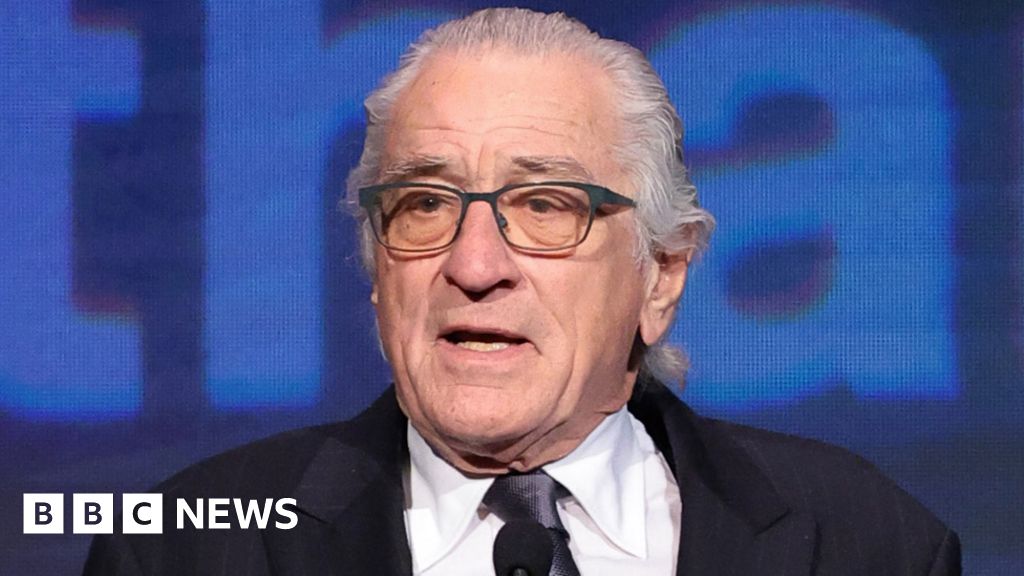
... He singled out actor John Wayne, quoting 1971 remarks about Native Americans in which he said: " I don t feel we did wrong taking this great country away from them...
James Caan: 10 memorable roles
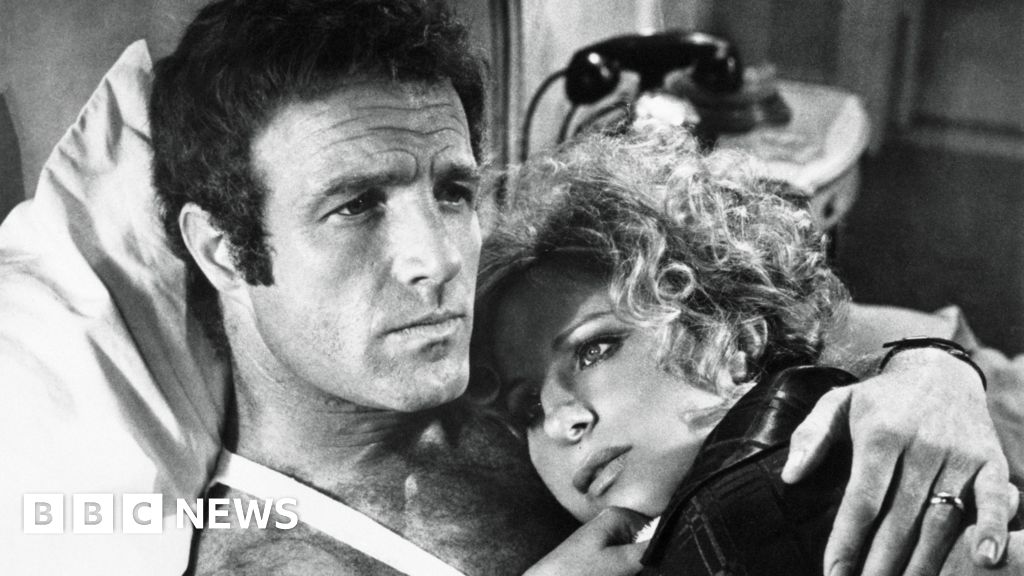
... Yet he more than held his own against his seasoned co-stars John Wayne and Robert Mitchum, even if he did have to wear three-inch lifts in his shoes...
John Wayne Gacy murder victim named 45 years after vanishing
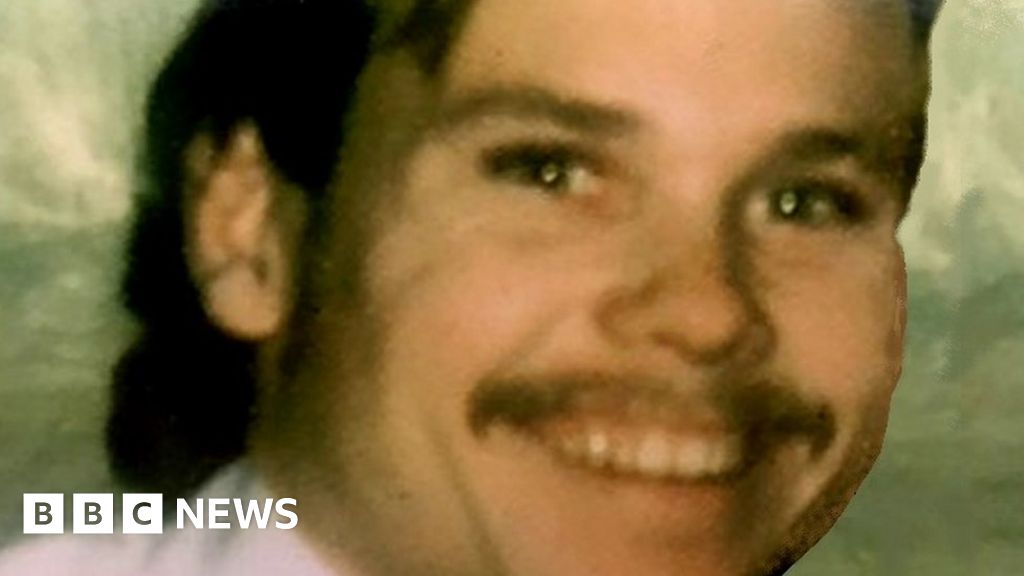
...A man from North Carolina who vanished in the 1970s has been identified as one of dozens of victims murdered by serial killer John Wayne Gacy...
Brian Dennehy: a Versatile American actor dies at 81
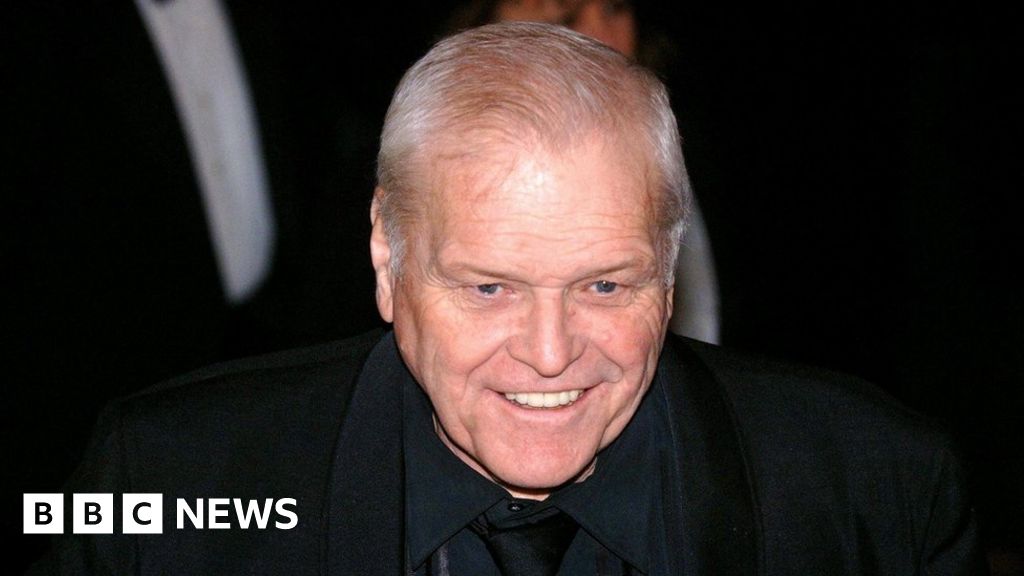
... On the screen, he starred in macho roles such as the sheriff, the prisons Rambo in First Blood and portrayed the serial killer John Wayne Gacy To Catch A murderer...
How Falkirk's metal workers became cowboy film stars
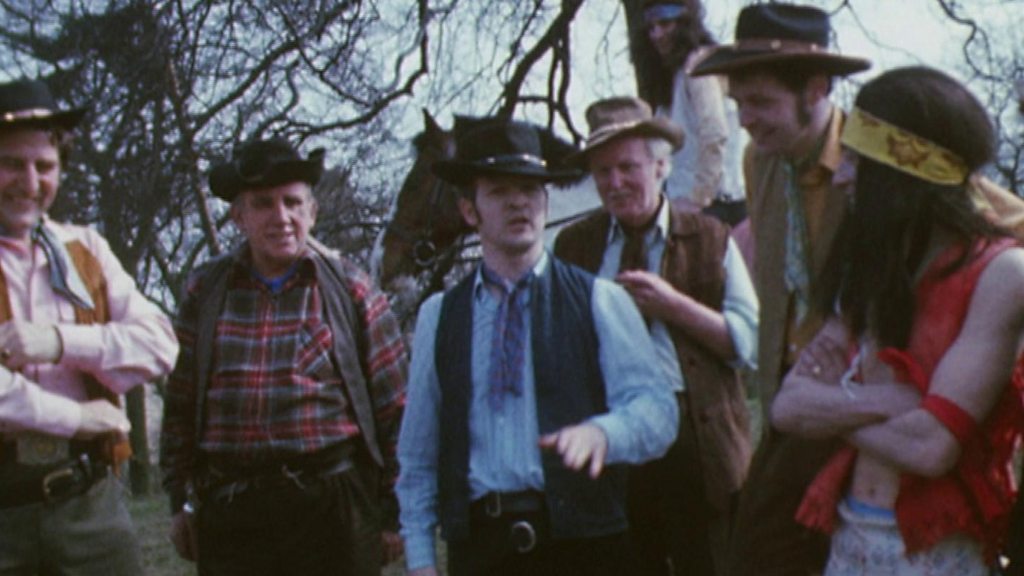
... They were recreating the Saturday morning cinema classics featuring John Wayne that they had watched as kids...
Obituary: Anwar Congo, the mass killer who re-enacted his crimes

... Particular favourites of theirs were mafia films and John Wayne s Westerns...
Obituary: Anwar Congo, the mass killer who re-enacted his crimes
Anwar Congo (R) is pictured during filming of The Documentary The Act of Killing
You may find some of The Details in this article distressing
As a friend watched on, the mass murderer Anwar Congo danced the cha-cha-cha.
Just moments earlier, on a roof terrace in Indonesia , he had demonstrated his preferred method of killing people. He would use a length of wire to strangle them, he explained, because beating them to death proved too messy.
This Thin Man with white hair is thought to have killed at least 1,000 people, although some estimate his personal Death Toll was Even Higher .
"I've tried to forget All That ," he said, cheerfully. "[With] dancing, feeling happy, a little alcohol, a little marijuana. " He then began to sing.
This was one of the many striking scenes in The Act of Killing, an Oscar-nominated 2012 documentary that shone a light on one of the 20Th Century 's lesser known massacres.
Between 1965 and 1966, at least 500,000 people were killed in Indonesia during a political Purge . Following a failed coup, the military went on a rampage and targeted suspected communists across the Country .
The Act of Killing followed Congo, who was part of a notorious death Squad that executed hundreds of suspected leftists, after he was invited to re-enact the killings for the cameras.
Anwar Congo died on 25 October aged 78.
Congo grew up near an oil field where His Family worked near the northern city of Medan. They were relatively well-off, and opposed independence from the Dutch in 1945.
He left school at the age of 12 and Soon found himself involved in Medan's criminal underworld. Initially, he hung around outside one of The City 's most popular cinemas. He and his friends re-sold tickets for profit and used The Cinema as a base.
But before long, they were involved in more serious crimes. They extorted local Chinese business owners for protection money and were involved in smuggling and illegal gambling.
Congo and his friend, Adi Zulkadry, were also hired as assassins.
"Their first attempt was a real failure," says Joshua Oppenheimer , who directed The Act of Killing and grew close to Congo. "They tried to kill someone with a durian fruit. Suffice to say, it didn't work. "
By the time of the failed coup in 1965 - and the mass killings in response - Congo and his friends were hardened criminals. Crucially, they were also anti-communist.
The Massacre was orchestrated by the military but carried out by roving groups of gangsters and right-wing paramilitaries. Congo's Gang was recruited by the army and they interrogated, tortured, and murdered hundreds of suspected leftists.
Their Gang - which was known as the Frog Squad - became one of The Most powerful death squads in the region. Congo, as its executioner, became its most notorious member.
The Group took inspiration for their murder methods from Hollywood films. Particular favourites of theirs were mafia films and John Wayne 's Westerns.
Congo is believed to have killed hundreds of people with his own hands. In The Act of Killing, The Governor of North Sumatra , Syamsul Arifin, recounted how feared Congo was at that time. "Everyone was scared of him," he said. "When people heard his name they'd be terrified. "
The violent Purge - which remains a sensitive topic in Indonesia - also led to about 100,000 people being imprisoned without trial because of tenuous links to The Communist Party.
Perpetrators like Congo and his friends were never held to account for their crimes. He became a revered leader in Indonesia 's pro-regime paramilitary, the Pancasila Youth, which grew out of the death squads.
A still from the film shows a re-enactment of a massacre in The Village of Kampung KolamIn The Years after The Massacre , Congo went back to his life of crime in Medan where his reputation served to benefit him. He was involved in robberies, smuggling operations and vast extortion rings.
He also worked through the 1990s as head of security for Medan's largest nightclubs. But this title was likely a front for organising drug deals for the Pancasila Youth. Congo was given ceremonial titles in the organisation and he was remembered, and celebrated, for his role in the mass killings of the 1960s. The Perpetrators became Role Models for millions of young paramilitaries and revelled in their version of history in which they played The Heroes .
Prodita Sabarini was indoctrinated at school To Believe that history. "We were taught that Communism was bad and they were atheists who betrayed The Nation ," she tells the BBC. "We didn't question what we had been taught in school. Even when I found out about the scale of the killings I thought: 'They're communists, so it's OK they were murdered'. "
It wasn't until a film crew tracked him down that Congo was forced to confront the reality of his crimes and of his conscience.
At first he was boastful. When Oppenheimer first met Congo in 2005, the former executioner gladly demonstrated his killing methods.
"I think the boasting was a way of insisting what they did was something worth boasting about," Oppenheimer says. "But Anwar was unusually honest in his openness about his feelings and The Pain that he felt. "
The film followed Congo and his friends as they were invited to re-enact their experiences of the killings. They wrote the scripts and played themselves, and adapted their memories in the style of their favourite films.
The Men routinely joked about killing Chinese people. "We will tell the story of what we did when we were young!" Congo proudly declared at the start. But Soon - as the pressure of playing The Hero became overwhelming - the fragility of his conscience began to show.
He admitted that he suffered from regular nightmares. "I'm disturbed in my sleep. Maybe because when I strangled people with wire I watched them die," he said, solemnly.
Anwar Congo broke down after he played a victim towards the end of the filmIn one scene, towards the film's end, Congo played a victim. As a wire was tied around his neck, he asked to stop filming and sat, motionless, in silence. "Have I sinned?" he asked tearfully while watching The Scene back later. "I did this to so many people. "
"He got to a point while making the film where he felt guilt in a very pure and direct way," says Oppenheimer. "And I guess that's the moral warning of the film, that we as human beings can destroy ourselves with our deeds. "
There would be no Hollywood redemption story for Congo. He married late, never had children of his own, and continued to be involved in crime after the film's release. But The Act of Killing had a life-changing impact on many Indonesians who watched it.
More lives in profile:The film is officially banned in the Country , but private underground screenings were held there after its international release. Some of those were violently shut down by pro-military groups.
"I attended one of the biggest screenings," says the BBC's former Indonesian editor Rebecca Henschke. "It was a packed house with an atmosphere akin to a rock concert and there was a sense that a wall of silence was being broken. "
Prodita Sabarini, who was forced to watch a government film at school that depicted the official version of events, says the film changed her whole Perspective .
An Indonesian soldier watches over suspected Communists during the political Purge"When I watched The Act of Killing and saw The Perpetrators being boastful, it struck me how morally wrong they were and I felt very ashamed that I had never thought About That before," she says. "I was ashamed that I hadn't been more critical.
"I want the Country to start a truth-telling process so there can be some kind of justice. "
Some survivors of the mass killings were troubled by Oppenheimer's decision to give killers like Congo Free Rein in the film. A companion film, The Look of Silence, was later released and focused on The Survivors .
Others felt the film helped spread awareness of The Men 's crimes. Former political prisoner Bedjo Untung tells the BBC that The Act of Killing exposed "the horrific, inhuman killings by [people] like Anwar Congo who acted with the support of the military.
"It's very disappointing that he died before he faced justice," he adds.
Oppenheimer says that, perhaps unintentionally, Congo may have had a positive impact by appearing in the film. "Even if it wasn't what he intended to do, he helped catalyse a national reckoning inside Indonesia ", he says.
"He helped transform The National conversation. He helped The World see that these killings happened. "
Additional reporting by Rebecca Henschke
Find out moreThe Cold War Legacy series on the BBC World Service explores why The Conflict 's impact is still being felt around The World .
Rebecca Henschke's episode from Indonesia explores how the mass killings in 1965 still haunt the Country .
indonesia
Source of news: bbc.com

























